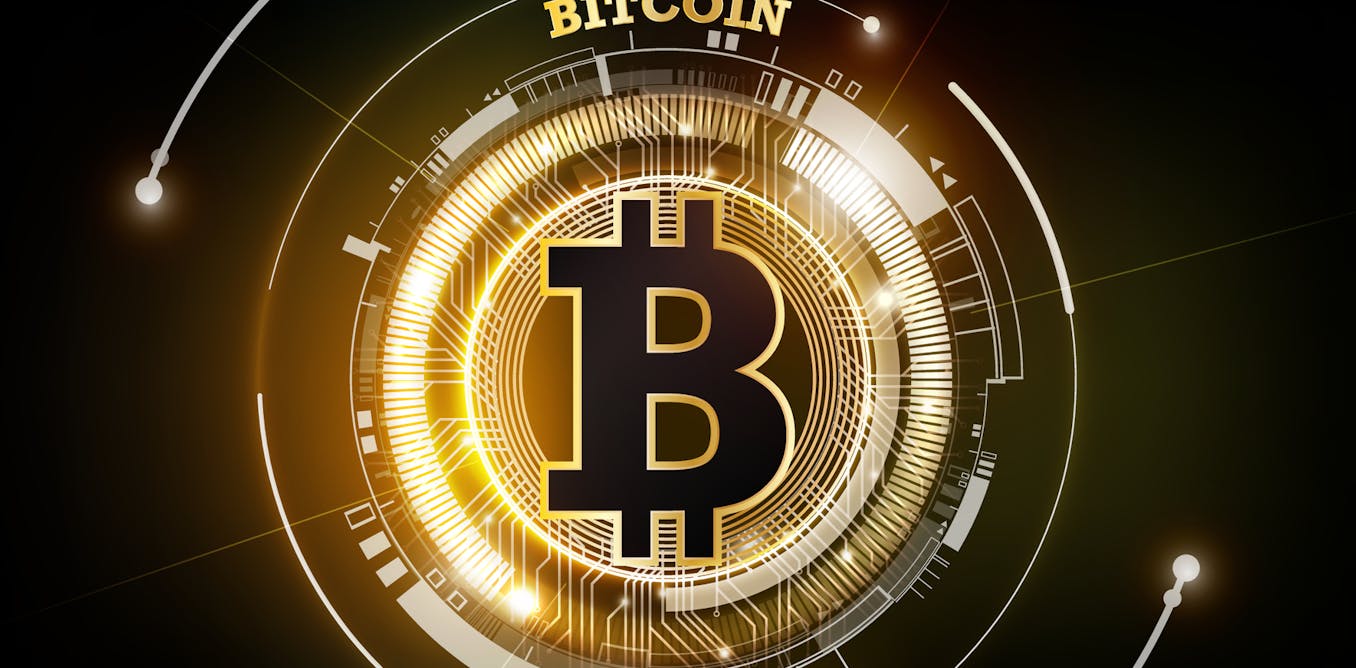Case Journeys
Exploring intriguing stories and insights from around the world.
Bitcoin: The Digital Gold Rush with a Twist
Discover the thrilling world of Bitcoin: the digital gold rush with a twist! Uncover secrets and strategies for savvy investors today!
What Makes Bitcoin the Modern Gold Standard?
Bitcoin has emerged as the modern gold standard for several key reasons. First and foremost, its limited supply mirrors the scarcity of gold, with a maximum cap of 21 million coins. This intrinsic scarcity fuels demand as more people and institutions recognize Bitcoin as a viable alternative to traditional fiat currencies. Furthermore, its decentralized nature ensures that no single entity can control or manipulate the supply, making it a secure store of value. In today’s volatile financial landscape, many investors see holding Bitcoin as a hedge against inflation, similar to how gold has been viewed for centuries.
Another significant factor is the adaptability and technological superiority of Bitcoin. Unlike gold, which requires physical storage and is subject to risks such as theft or loss, Bitcoin can be easily stored and transferred digitally across the globe. The transparent and immutable blockchain technology underlying Bitcoin allows for secure transactions, minimizing counterparty risk. As more businesses and individuals adopt Bitcoin as a medium of exchange and an investment vehicle, it solidifies its position as the modern gold standard, providing a combination of accessibility, security, and potential growth that traditional assets struggle to match.

Exploring the Impact of Bitcoin on Global Economies
The rise of Bitcoin has significantly influenced global economies, sparking discussions about the future of money and financial systems. As a decentralized digital currency, Bitcoin operates independently of traditional banking systems, which has led to both opportunities and challenges. One major impact is on remittances; individuals in developing countries can send and receive money more efficiently and at a lower cost than traditional methods. Furthermore, countries facing hyperinflation, such as Venezuela, have seen a surge in Bitcoin adoption as citizens seek a stable alternative to their local currencies.
Moreover, Bitcoin has enabled a shift in how investors and institutions view value storage and transfer. With its limited supply and increasing demand, many see it as a hedge against inflation and economic instability. This notion has led to a growing acceptance of cryptocurrencies among institutional investors, potentially altering investment strategies globally. As more businesses begin to accept Bitcoin for transactions, the digital currency's integration into everyday commerce continues to reshape economic landscapes and provoke regulatory debates across various nations.
Is the Bitcoin Boom Here to Stay or a Passing Trend?
The Bitcoin boom has captivated the attention of investors, tech enthusiasts, and everyday individuals alike. As cryptocurrencies gain traction with mainstream acceptance, many are left wondering if this surge is a sustainable shift in the financial landscape or merely a fleeting trend. The increasing number of companies adopting Bitcoin as a valid payment method, coupled with growing institutional investment, suggests that this digital currency may indeed be here to stay. Key factors such as technological advancements, regulatory developments, and the growing interest from both retail and institutional investors can play a pivotal role in determining the future of Bitcoin.
However, skeptics argue that the volatility associated with Bitcoin creates uncertainty and could deter long-term investment. Market fluctuations and dramatic price swings have led some to label Bitcoin as a speculative asset rather than a stable form of currency. Historically, periods of rapid growth have often been followed by significant corrections, raising questions about the sustainability of this boom. Ultimately, whether the Bitcoin boom is a long-term phenomenon or just a passing trend will depend on the evolution of both the market and the broader acceptance of cryptocurrency in our global economy.